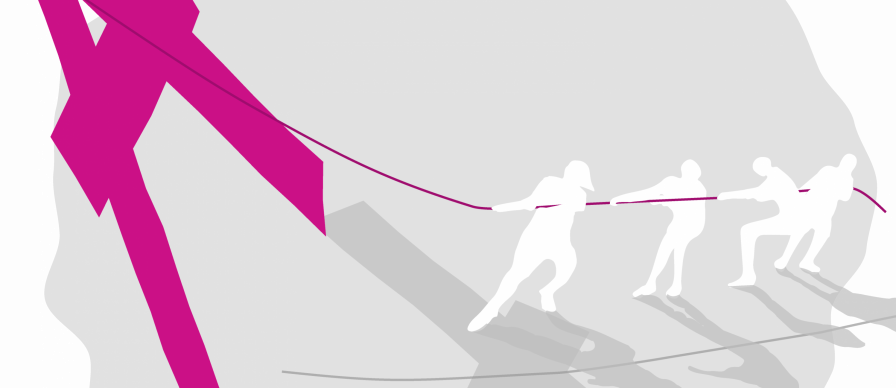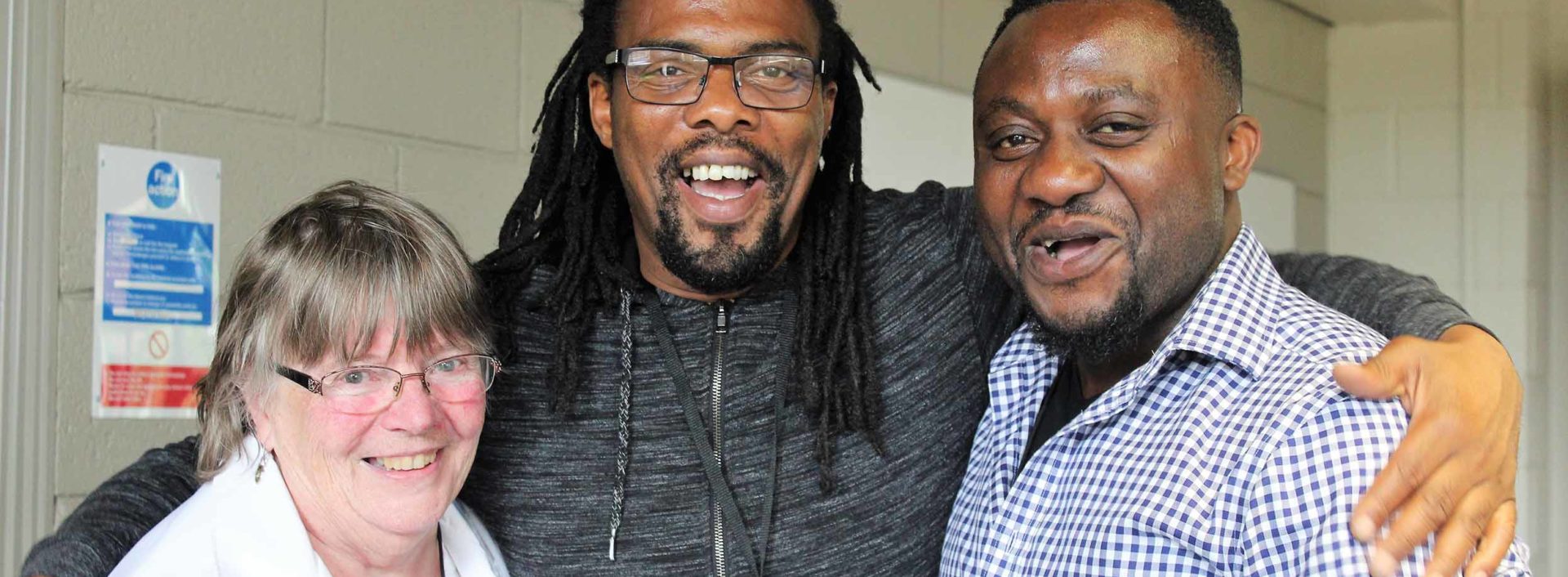Sheila Norton tells us how the support of Community Organisers helped her to recover a sense of self-worth and purpose: “Becoming involved in community organising improved my quality of life; enabled me to regain a sense of wellbeing – and probably saved my life.”
Sheila’s story demonstrates that with support and active engagement, individuals can work together to overcome the sense of helplessness and impotence when faced with authoritarian power and take back some control over what is happening in their own community.
It further illustrates how an individual can not only gain a sense of personal power when engaging with others, but also a sense of power over their own health and wellbeing.
Several years ago, I was diagnosed with cerebrovascular disease; the second most common dementia-causing disease. I could not be cured and the best I could hope for was that they could medicate to slow down the process of the disease and try to prevent a catastrophic stroke.
My symptoms had included disorders in thinking, mobility, balance, and coordination. I was already suffering from other health issues that affected my mobility and stamina. I was frightened, however – as the disease was caught early – I was medicated with an annual observation, but no support. I slowly began to lose the will to live.
I believed my useful life was over and took a stance of ‘waiting for God’.
In 2014, I witnessed an injustice between my local parish council and my local allotment association of which I was a member. My attempt to draw attention to this problem was met with hostile and damaging retaliation from the council, and a campaign of inciting hatred towards me, which left me shaken and feeling even more vulnerable.
My attempts to learn about democratic ways of dealing with the outfall of hostility and character assassination took me to Google. I learned about the Localism Act and discovered the ‘Our Place’ initiative, which was training people to be community organisers – so I contacted my nearest branch, which at that time appeared to be in the next county.
I contacted Alson Loydall and Richard Haig and met with the Bolsover team. The warm acceptance and support I received from the Bolsover organisers helped me through this most difficult of times.
Through my contact with them, I learned more about the Localism Act, and – with the support of Alison and Richard, and the help of Locality – myself and another resident set up a public awareness meeting to inform people of their rights under the Act.
Attending a National Meet-up event in Yarnfield, I was inspired and motivated by the passion and commitment to connect and use collective power to improve lives and fight injustice. As a result, I became more involved in my own community and found other like-minded people.
I realised that I was helping myself by being actively involved in things that were helping others.
Together we formed a community-led group and stopped fighting through health damaging confrontation and started working in a more constructive way. We started asking people about their community and began working to bring people together to create a community-led action plan.
This was – and remains – a difficult battle, and we still have to actively remind ourselves to build on what we are doing and not get caught up in the battles some local councillors and their supporters try to provoke us to engage with.
I eventually realised that my fears about my health had ceased to dominate my life. It was no longer defining who I was. My quality of life and sense of self-worth had vastly improved along with my zest for life. Community organising had given me back a sense of purpose and given me back my sense of self.
I still have cerebrovascular disease, and sometimes need to take a step back whilst I regain my equilibrium. The difference is that the disease that stole my confidence and sense of worth has now been relegated to little more than something I need to learn to live with – and I believe that community organising has saved my life.



